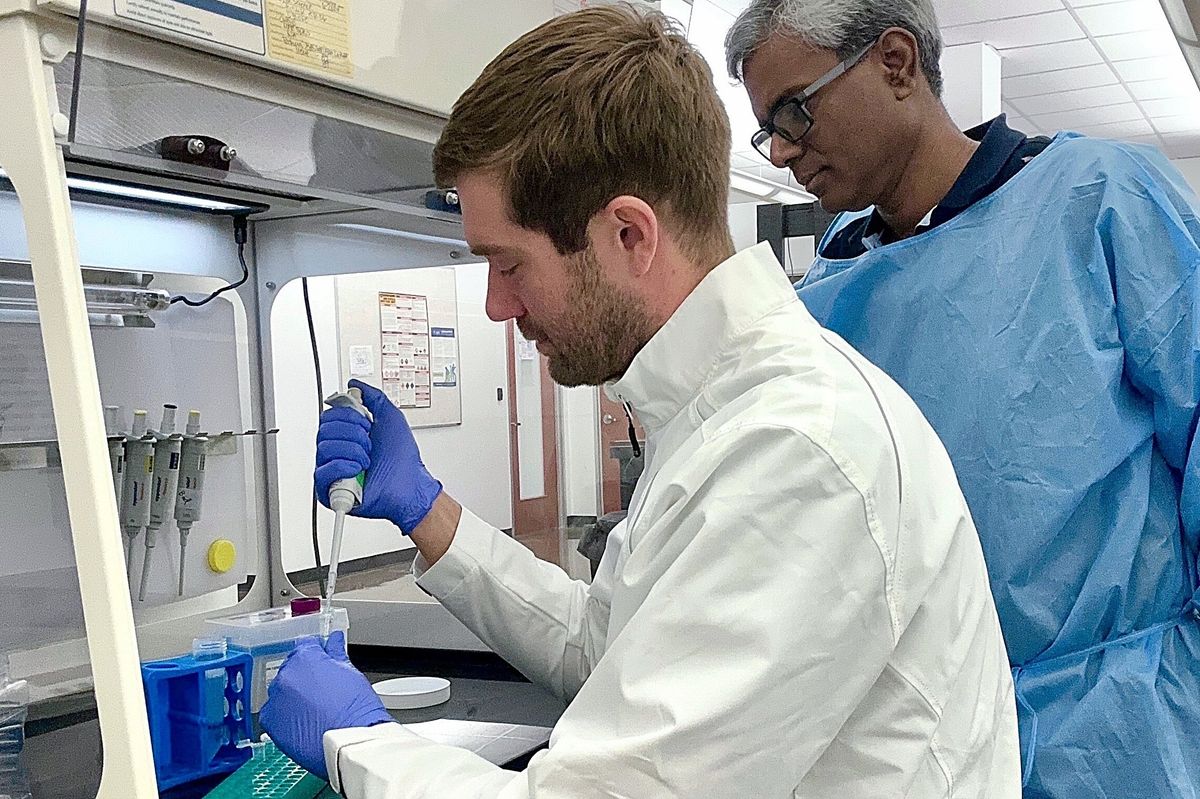Houston startup completes testing, prepares biosimilar insulin drug for clinical trials
next steps
A Houston biotech startup is one step closer to releasing its marquee drug for the global insulin market, which is projected to break the $90 billion threshold by 2029.
rBIO says it recently completed testing of the properties of R-biolin, an insulin drug that’s biologically identical to Novo Nordisk’s Novolin drug. The patent for Novolin about two decades ago. In March 2023, the Dutch drugmaker announced it was slashing the list price of Novolin by 65 percent to $48.20 per vial and $91.09 per FlexPen.
Executives at rBIO are now pursuing a partnership with a contract research organization to manage clinical trials of R-biolin. If those trials go well, R-biolin will seek approval to supply its insulin therapy to diabetes patients around the world.
Washington University in St. Louis is rBIO’s academic partner for the R-biolin project.
The rBIO platform produces insulin at greater yields that traditional manufacturing techniques do. The company is striving to drive down the cost of insulin by 30 percent.
About 38 million Americans have diabetes, with the vast majority being treated for type 2 diabetes, according to the U.S. Centers for Disease Control and Prevention (CDC). Many people with diabetes must take insulin to control their blood sugar levels.
Research company iHealthcareAnalyst predicts the global market for insulin will surpass the $90 billion mark in 2029.
“There has been a lot of talk in the media about reducing the cost of insulin for diabetic patients, but what is often overlooked is that the domestic demand for insulin will soon outpace the supply, leading to a new host of issues,” Cameron Owen, co-founder and CEO of rBIO, says in a news release.
“We’re dedicated to addressing the growing demand for accessible insulin therapies, and … we’re thrilled to announce the viability of our highly scalable manufacturing process.”
Professionals from the University of California San Diego and Johns Hopkins University established rBIO in 2020. The startup moved its headquarters from San Diego to Houston in 2022.
